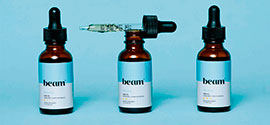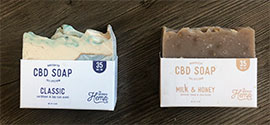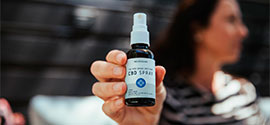CBD Seeds
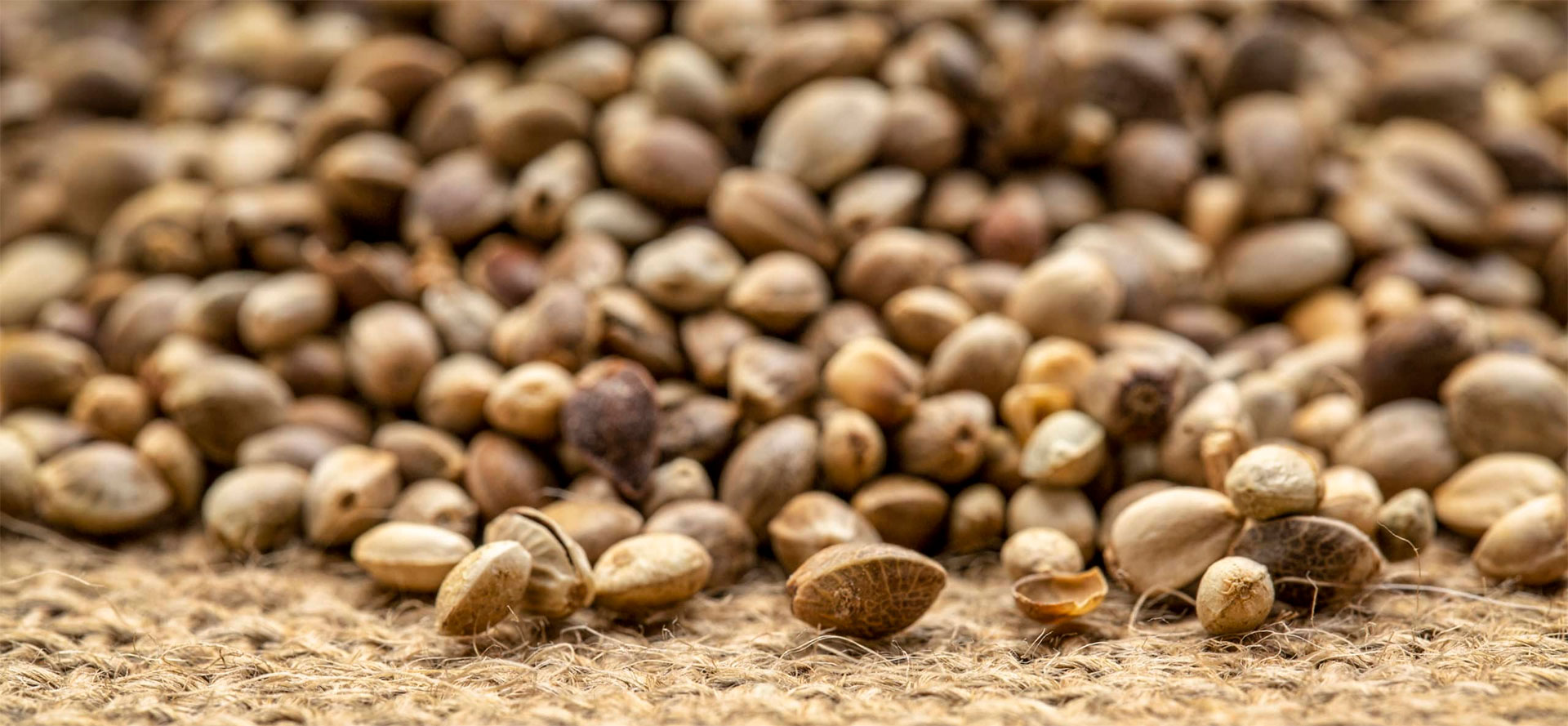
Nowadays the world is progressing faster than ever. One of the most progressive industries is the CBD one. Many individuals and animals are taking to CBD for medical reasons and arguably bettering their lifestyles doing so.
But, if you're reading this and wanting to take CBD, you may curious to know which is the suitable form for you. Similarly, how do you start off taking or growing it?
To help answer this question, you should consider purchasing CBD seeds. To know more, take a quick look at our 10 best product list.
What are CBD seeds?
CBD seeds are a product of the Cannabis Sativa Plant. Unlike certain parts of cannabis, these seeds are nonpsychoactive and can help our health significantly. In addition to this, if looked after and watered well, they can grow into a cannabis plant. But, to grow them successfully, you will want to pick a female plant.
The seeds derive from the female cannabis plant and are put through a lot of chemical-based and stress-based techniques. For instance, certain chemicals like silver nitrate and gibberellic acid will be sprayed onto the plant to trigger it to self-pollinate when it is chemical-based.
Once the female plant has fully matured, it will then produce CBD seeds for growing. Finally, after some time, seeds are harvested and then stored in an airtight container. It's believed once they're stored, they can survive for two years before needing to grow into buds.
Now you have an idea about these seeds, let's explore the different types of CBD seeds.
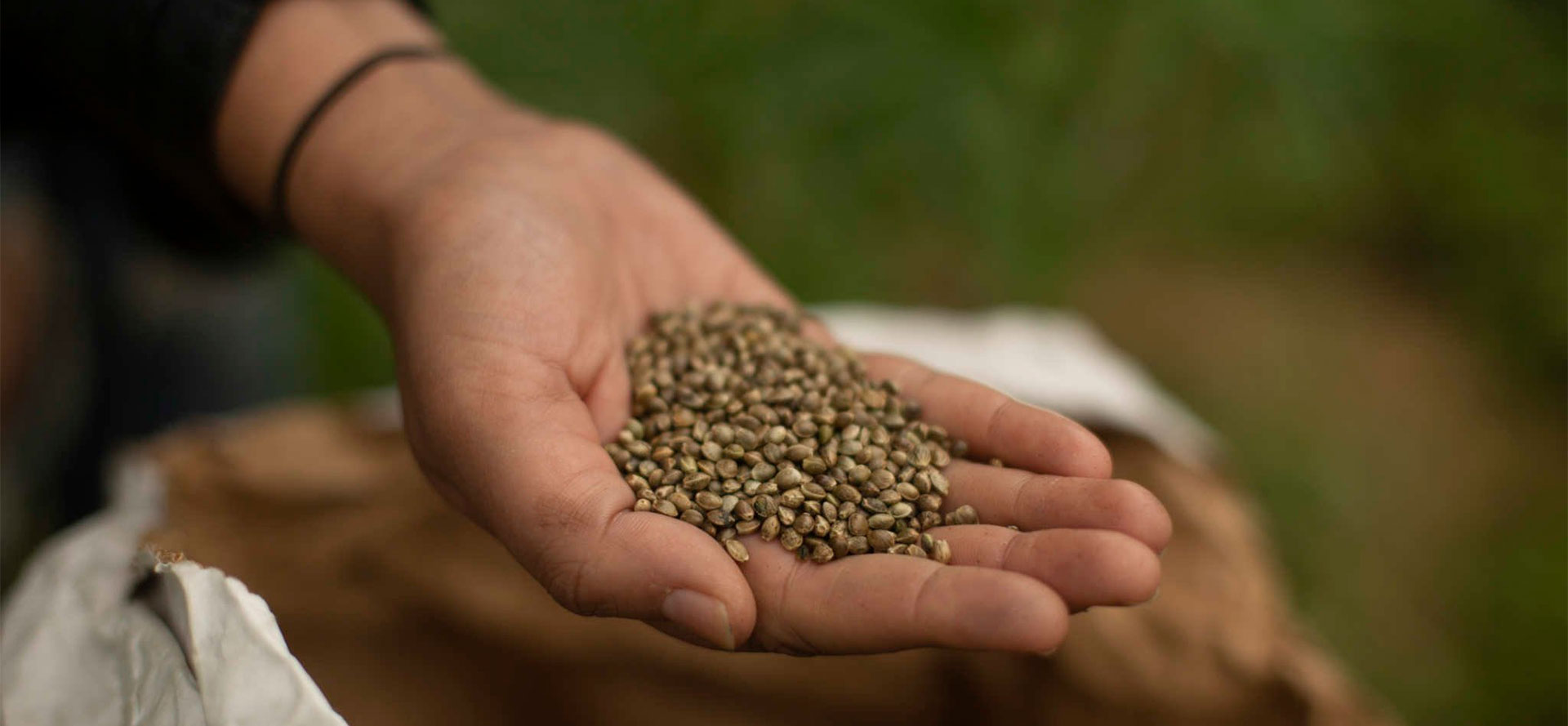
What are the different types?
If you're interested in purchasing CBD seeds, you need to know there are different types on the market. It's important you know your stuff as the type of CBD seed you get, will dictate how your plant will grow. Generally, there are three common types of CBD seeds which are:
- Regular seeds: These CBD seeds contain a mixture of male and female plants; they're seeds in the natural form. However, if you're looking to use these seeds for growth, you will need to kill the male seeds.
- Feminised seeds: A unique set of seeds that only produce female CBD plants. Their female parent was pushed to make a male flower so they could self-pollinate.
- CBD Flower seeds: These are also known as auto-flowering seeds. CBD flower seeds tend to reach the flowering stage at a certain age. This type of CBD seed proliferates as it dos not need much nurturing.
In addition to the different types of CBD seeds, you will also want to look at the amount of CBD and the THC in them. This is also known as the CBD: THC ratio.
If you're looking to buy high CBD seeds, you will want one with a higher THC than CBD ratio. Whereas if you're looking for solely medicinal purposes with little chances of feeling high, you will want a high CBD compared to the THC ratios.
An example of this is ratios of 2:1 up to 10:1; the higher the CBD, the more medicinal properties of the seed you may experience and the less psychoactive (high) effects it will have. In the CBD market, some of the highest-selling seeds have large CBD ratios compared to THC.
A neutral ratio to look out for if you want to experience a bit of both is 1:1, as you can still gain a natural high and benefit from medicinal properties.
You may be wondering if there are CBD seeds with no THC if you don't like the high sensation at all. Regarding having 0 THC, it's tough to find on the market as most of them are pure CBD seeds. However, there are some types, such as the hemp flower that comes from the buds of the cannabis plant and have less than 0.03% THC.
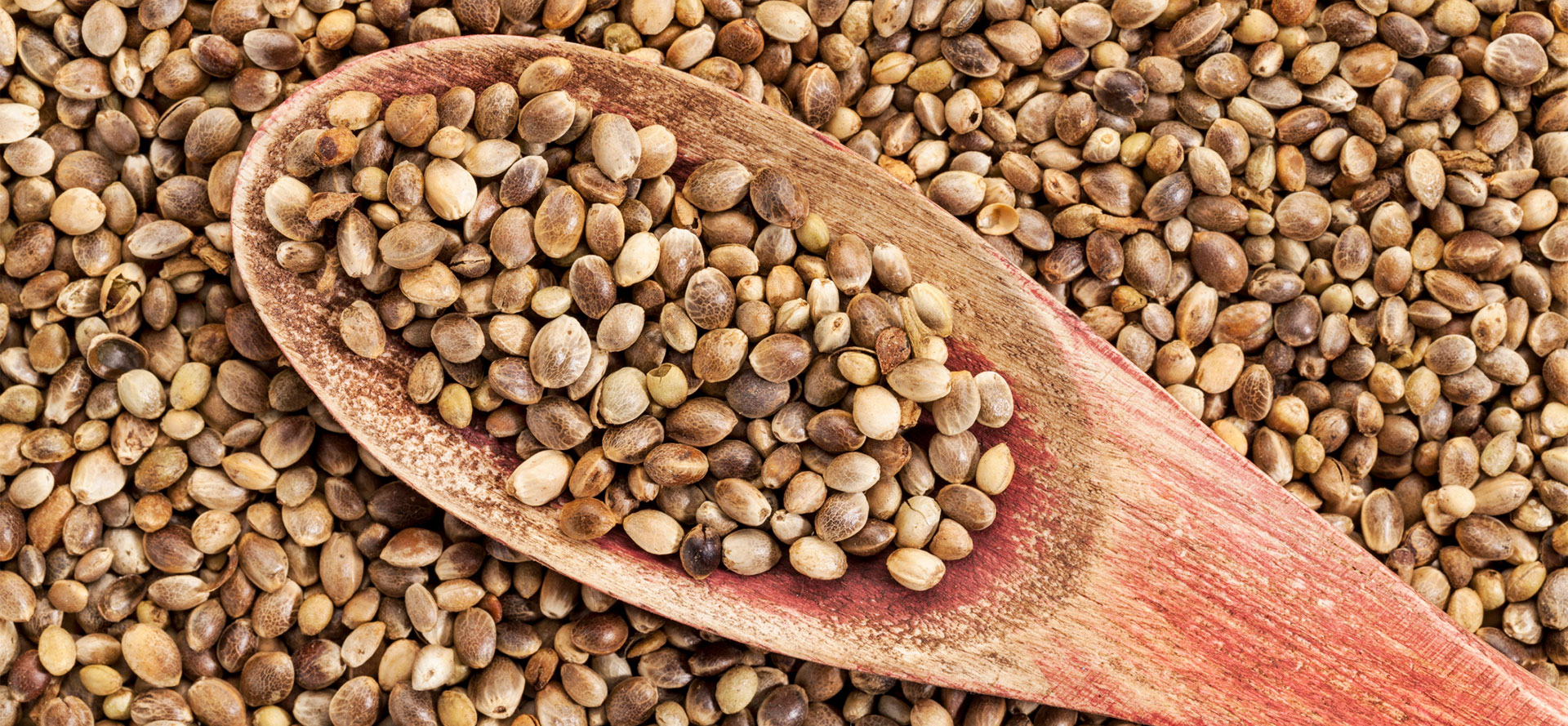
What are the benefits of CBD seeds?
If CBD seeds are something that has now sparked your interest, then you'll be pleased to know there are an abundance of health benefits. For instance, they can help with the following:
- Help pain relief: Depending on the strain and how high the amount of CBD there is in the seed, it can send signals to your brain to relieve pain.
- Reduce blood sugar levels: There is research developing in the scientific community that THC from certain CBD seeds like hemp seeds can reduce insulin levels and lower blood sugar.
- Promotes better sleep: The cannabinoids in the CBD seed can send messages to your brain to create a relaxing effect, allowing you to sleep better.
- Relieve anxiety: As CBD seeds are natural, they contain large vitamins, nutrients, and minerals. They contain magnesium, amino acids, and B vitamins, which work naturally to relieve stress and anxiousness.
- Decrease inflammation: CBD seeds can reduce compounds in our bodies known as cytokines causing inflammation to reduce.
- Can encourage heart health: CBD seeds, especially hemp seeds, contain significant levels of magnesium and linoleic acid, which can reduce cholesterol levels and blood pressure.
These are just a few health benefits that exist in CBD seeds. More research is evolving, and by the time you finish reading this article, we reckon there's probably more.
Safety precautions
Most people who take CBD seeds for medicinal purposes and now grow them tend to consume them by putting them in their food. Sometimes, they roast them as well before eating. If you do this and overconsume CBD seeds, or find yourself reacting strangely to them, then we advise you to consult a physician. Sometimes, people can report the following side effects:
- Dry mouth: The effects of CBD and THC can cause your saliva to decrease and make you more thirsty.
- Drowsiness: Due to the relaxing properties, it can make you more sleepy than normal if you take a lot of it.
If you're pregnant or breastfeeding, then before you use CBD seeds, you should avoid using them. There are certain ingredients in the CBD seed, like cannabinol which can affect your baby.
Conclusion
Overall, CBD seeds are natural and fantastic to grow or consume. On the contrary, not everyone reacts the same to them, so you must read up about them first. Similarly, you should look at the manufacturer, reviews, and the CBD: THC ratio. If you're still unsure or experience any side effects, then please consult your doctor first.
References
- MATSUNAGA, TAMIHIDE, et al. "Identification and determination of cannabinoids in commercially available cannabis seeds." Eisei kagaku 36.6 (1990): 545-547.
- Häuser, Winfried, Nanna B. Finnerup, and R. Andrew Moore. "Systematic reviews with meta-analysis on cannabis-based medicines for chronic pain: a methodological and political minefield." Pain 159.10 (2018): 1906-1907.
- Hill, Kevin P., et al. "Cannabis and pain: a clinical review." Cannabis and cannabinoid research 2.1 (2017): 96-104.
- Kim, Philip S., and Michael A. Fishman. "Cannabis for pain and headaches: primer." Current pain and headache reports 21.4 (2017): 19.
- Bonn-Miller, Marcel O., Kimberly A. Babson, and Ryan Vandrey. "Using cannabis to help you sleep: heightened frequency of medical cannabis use among those with PTSD." Drug and alcohol dependence 136 (2014): 162-165.
- Choi, Seulah, Barry C. Huang, and Charlene E. Gamaldo. "Therapeutic uses of Cannabis on sleep disorders and related conditions." Journal of Clinical Neurophysiology 37.1 (2020): 39-49.
- Bachhuber, Marcus, Julia H. Arnsten, and Gwen Wurm. "Use of cannabis to relieve pain and promote sleep by customers at an adult use dispensary." Journal of psychoactive drugs 51.5 (2019): 400-404.
Tags: the best cbd oil, best cbd oil for nausea, is cbd oil legal in kansas, cbd for libido, cannabis and lupus, best cbd for dogs with arthritis, cannabis and ocd, cbd tampons, benefits of cbd oil for tendonitis, cbd oil and diarrhea

